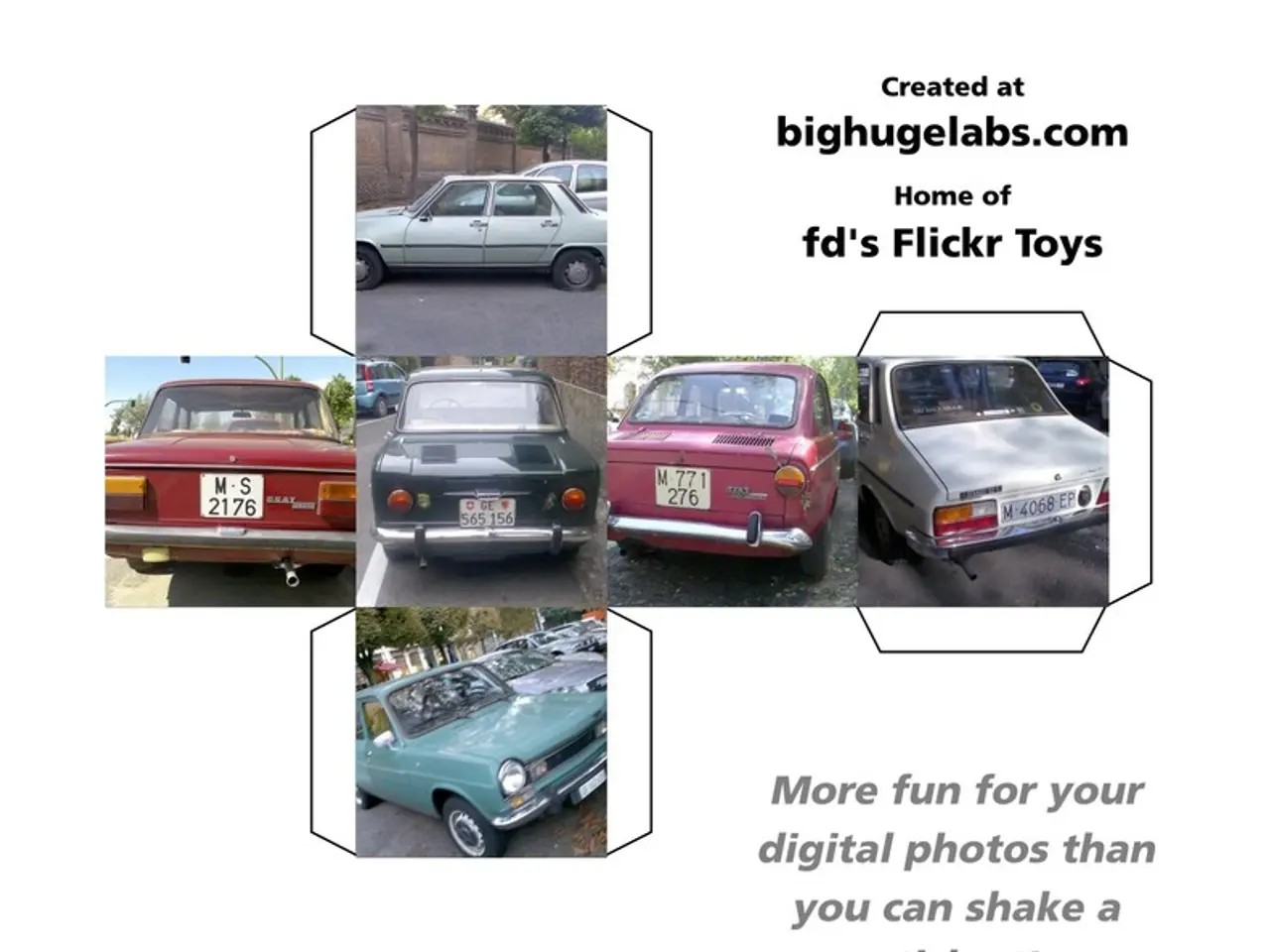Mastering the Art of R Programming: A Comprehensive Guide
In the world of data analysis and statistical computing, R stands out as a powerful open-source programming language. Thousands of libraries are available for R, covering a wide range of topics such as data manipulation, statistical analysis, machine learning, data visualization, and more.
One of the books that can help you learn R from scratch is "R Programming for Absolute Beginners," which follows a proven structure. The book covers essential concepts, including data structures, data types, and manipulating R objects.
At the heart of R programming lies the understanding of fundamental concepts. These form a solid foundation for writing robust, readable R code beyond just manipulating DataFrames and performing data analysis.
Basic Syntax and Operations
Understanding R’s syntax, how to write and execute code, and using comments appropriately is crucial. Familiarising yourself with operators (arithmetic, logical, relational) and keywords in R is essential.
Variables and Data Types
Mastering R’s atomic data types—character, integer, numeric (double), complex, and logical—and how to declare and manipulate variables of these types is key.
Core Data Structures
Beyond data frames, you should understand and be comfortable using vectors, lists, matrices, factors, and arrays.
- Vectors: The most basic and common data structure in R; they are one-dimensional and hold elements of the same atomic type (or lists for mixed types).
- Lists: Flexible data structures that can contain elements of different types and are recursive, allowing complex nested data.
- Matrices: Two-dimensional atomic vectors with rows and columns and uniform data types.
- Factors: Used to represent categorical data with fixed possible values.
- Arrays: Multidimensional generalizations of matrices with consistent data types.
Control Flow
Mastering decision-making and loop constructs is essential. This includes conditional statements like if, else, if-else, and looping structures such as for, while, and repeat. These enable controlling program execution flow and writing dynamic code.
Functions
Defining and using functions for modular, reusable code is critical. This includes understanding function arguments, return values, and scope.
Object-Oriented Programming (OOP)
Gaining a basic understanding of R’s OOP systems, including creating classes, objects, and concepts like encapsulation, inheritance, polymorphism, and abstraction, will deepen your programming abilities.
Attributes and Metadata
Learning that objects in R can have attributes (such as names, dimensions, and class) that affect their behavior and how functions interact with them is important.
Choosing the appropriate data type for your data is crucial in R. An array can have more than two dimensions, and a data frame in R can be created by passing a series of vectors as arguments.
Familiarity with R packages and environment management (e.g., installing/loading packages like , understanding help files, environment variables) is important but may be considered more advanced than fundamental concepts.
R allows working with large datasets, creating visualizations, and building algorithms. With a strong foundation in the fundamental concepts of R programming, you'll be well-equipped to tackle complex data analysis projects and make the most of R's powerful capabilities.
Technology in the realm of data-and-cloud-computing and education-and-self-development has made it possible to learn R, a powerful open-source programming language, online. One such resource is "R Programming for Absolute Beginners," which covers essential concepts like variables, data types, control flow, functions, and core data structures to ensure a solid foundation for further learning.
In addition to being familiar with R's syntax and basic operations, it's important to master the use of fundamental data structures such as vectors, lists, matrices, factors, and arrays, as well as control flow constructs like conditional statements and looping structures. Understanding object-oriented programming (OOP) principles and attributes and metadata of objects in R can further deepen your programming abilities.




